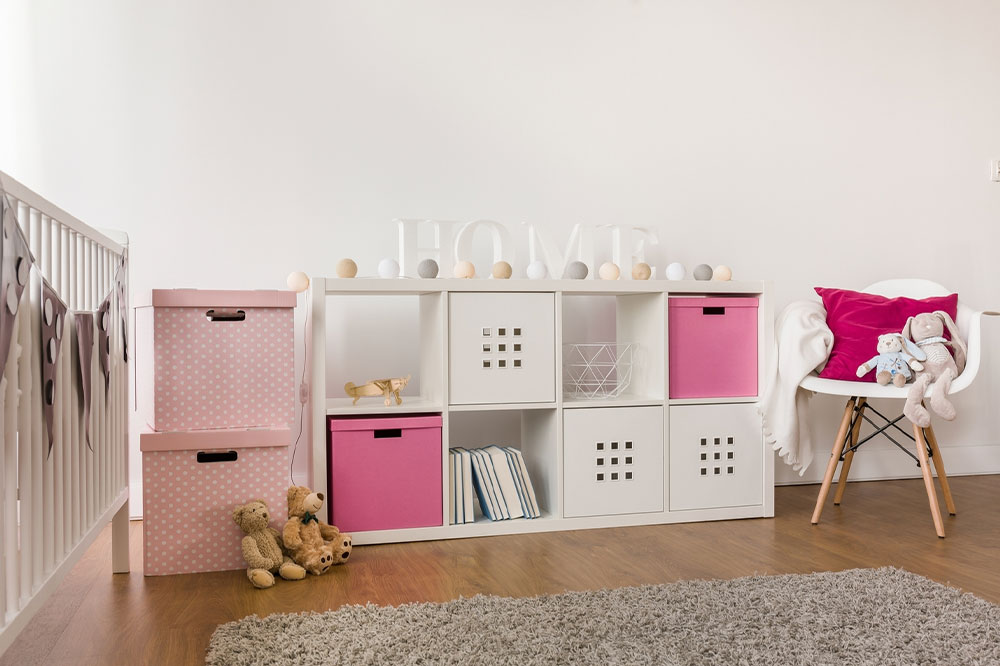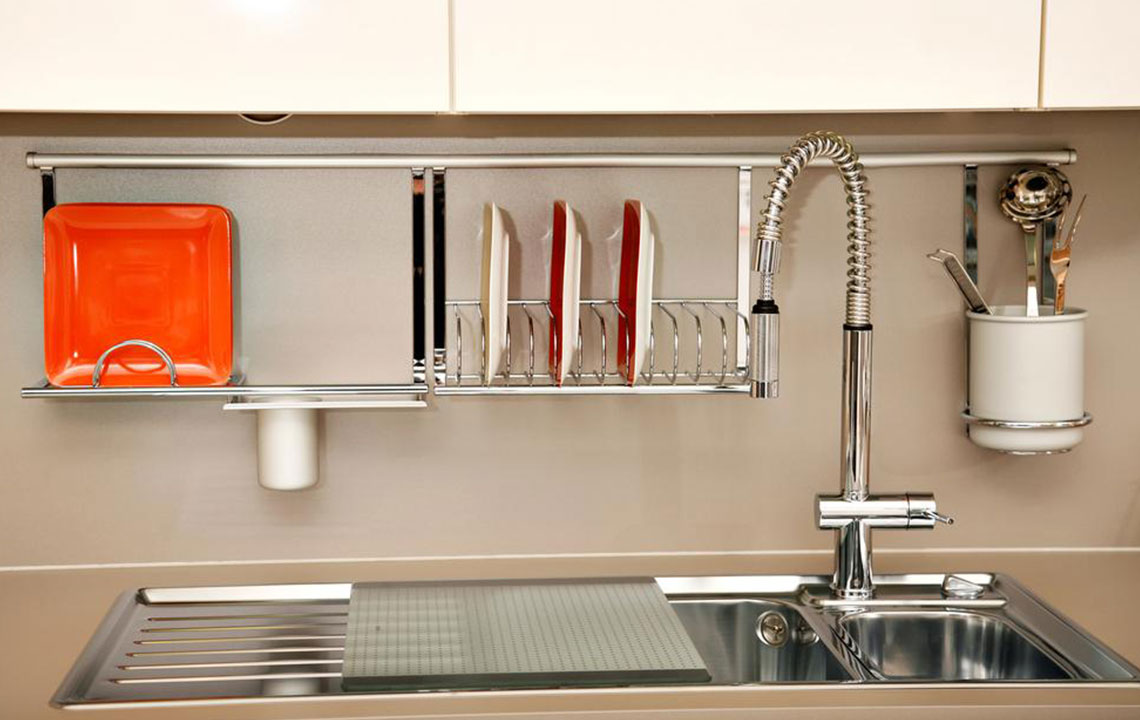Ultimate House Clearance Strategies: A Complete How-To Guide
This comprehensive guide provides practical tips for efficient house clearance, covering planning, sorting, selling, disposal, and emotional management. Whether relocating, downsizing, or settling an estate, these strategies help streamline the process, making it less stressful and more organized to create a peaceful new space.
Sponsored

Ultimate Strategies for Effective House Clearance
What is House Clearance?
House clearance involves removing unwanted furniture, appliances, personal belongings, and various items from a property. The reasons vary from relocating, decluttering, estate handling, to renovation projects.
Regardless of purpose, a strategic approach is essential for a smooth process.
Common Reasons for House Clearance
1. Moving Out: Relocating or downsizing often necessitates clearing out unnecessary items.
2. Estate Settlement: Clearing a loved one’s estate after their passing.
3. Decluttering: Simplifying your space for a cleaner, minimalist environment.
4. Renovations: Clearing space before updates for easier access and work.
Effective planning ensures a hassle-free clearance. Here’s how to prepare:
1. Determine the Scope
Evaluate whether you’re clearing a few rooms or the entire house to estimate time and resources.
2. Make an Inventory
List items to keep, donate, sell, recycle, or dispose of, helping stay organized and avoid valuable losses.
3. Schedule Adequate Time
Set aside enough time for sorting to prevent stress and mistakes.
4. Prepare Supplies
Gather boxes, packing materials, labels, and markers for efficient sorting and organization.
5. Consider Professional Help
For large jobs, hire experts to handle heavy lifting, proper disposal, and valuation of valuables.
Sorting items can be daunting. Here are tips to simplify it:
1. Categorize
Divide items into keep, donate, sell, recycle, and discard categories to streamline decisions.
2. Four-Box Method
Use labeled boxes for each category — keep, donate, sell, trash — and fill accordingly as you sort.
3. Be Decisive
Let go of sentimental attachments by discarding items not used in a year; this speeds up the process.
4. Responsible Donations
Ensure donated items are in good condition, benefiting charities and those in need.
Selling valuable items can offset costs. Options include:
Online Platforms
Websites like eBay, Facebook Marketplace, and Craigslist connect you to buyers broadly.
Garage Sales
Host a local sale to sell multiple items directly to community members.
Consignment Shops
Sell high-value or vintage items through stores that take a commission, simplifying the process.
Proper disposal and recycling are essential for environmental compliance:
1. Local Waste Services
Many councils provide bulk waste pickup for large items.
2. Skip Rentals
Hire skips for efficient disposal during extensive clearances, especially renovations.
3. Recycling Centers
Recycle electronics, batteries, and large appliances responsibly at designated centers.
Clearing out a home is an emotional journey as well as physical. Tips to manage feelings include:
1. Take Breaks
Pause regularly to process emotions and avoid burnout.
2. Seek Support
Ask friends or family to assist, providing emotional strength and company.
3. Get Professional Assistance
Consult experts for emotionally challenging clearances, especially after estate losses, to ease the burden.
House clearance can be simplified with planning, organization, and support. Follow these tips to handle the process confidently, creating a fresh, clutter-free space aligned with your current lifestyle needs.





